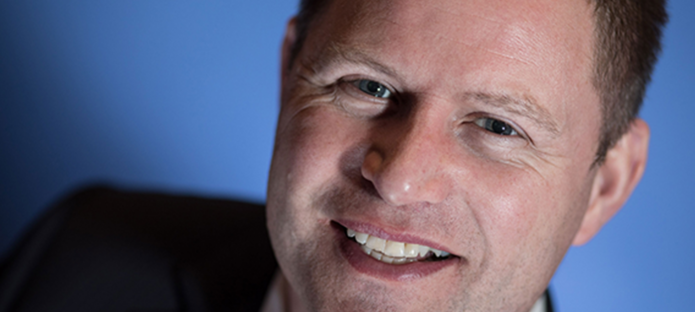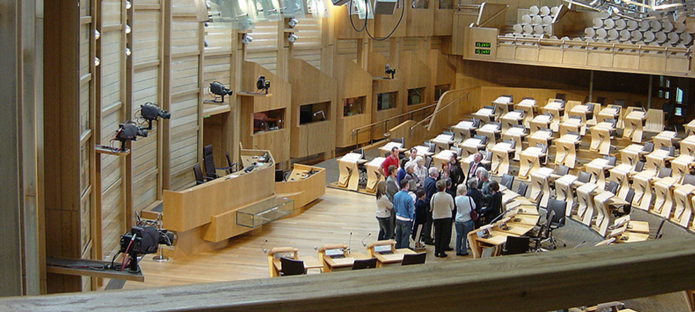Authored by CEO, Dr James Cant
As we welcome a new year and a new decade, we’re thinking about change.
Since Resuscitation Council UK was formed in the early 1980s, much has changed in the world of resuscitation. Alongside our peers around the globe, we have worked hard to ensure that research is developed, best practice is followed and those who work in resuscitation have had their voices heard.
By joining us on this journey – whether you’ve been supporting us for four decades or a few days – you have been instrumental in driving this work. We can’t wait for you to be part of the next stage of our journey as an organisation, too.

With our continuing work on developing courses, guidelines and quality standards, we’re going to ensure that healthcare professionals across the country can work to maintain best practice, providing safe, evidence-based care that has been built by our ongoing research and policy campaigns.
We’re also going to improve the way we talk about our work with the general public. When we say ‘general public’, we mean that friend of a friend who suffered a cardiac arrest. The villagers and city-dwellers who will learn CPR at a Restart a Heart event. Your partner who might, one day, save a life on their way home from work. Your child whose life was saved by a resus team. You, now or in the future, who needs to think about what care they’d like to receive in an emergency.
The Chain of Survival starts with bystander intervention. We need to share our passion for resuscitation with the public so that when they witness an emergency, they feel confident that they can help. We need raise awareness of defibrillators in local communities, and ensure that people feel confident enough to use them. We need the UK - from the rural hamlets to the biggest cities - to come together and spread the word about why CPR education and emergency care planning can change lives.
We also want to enhance the quality of care received by those who experience a cardiac arrest. They deserve physical and mental health treatment that matches the magnitude of what they’ve been through. Likewise, rescuers should receive better support after their attempts at saving a life.
Now is the time to act.
We need to work together to raise awareness, learn lifesaving skills, campaign for change, and work to best resuscitation practice. Between us, more lives can be saved, and the personalised care experience can be improved for UK residents.
To do this, we need the support of our community. Whether you’re a healthcare professional or a member of the public, we hope you’ll offer us your support, your voice and your passion so we can work towards a day when everybody has the skills they need to save a life.

